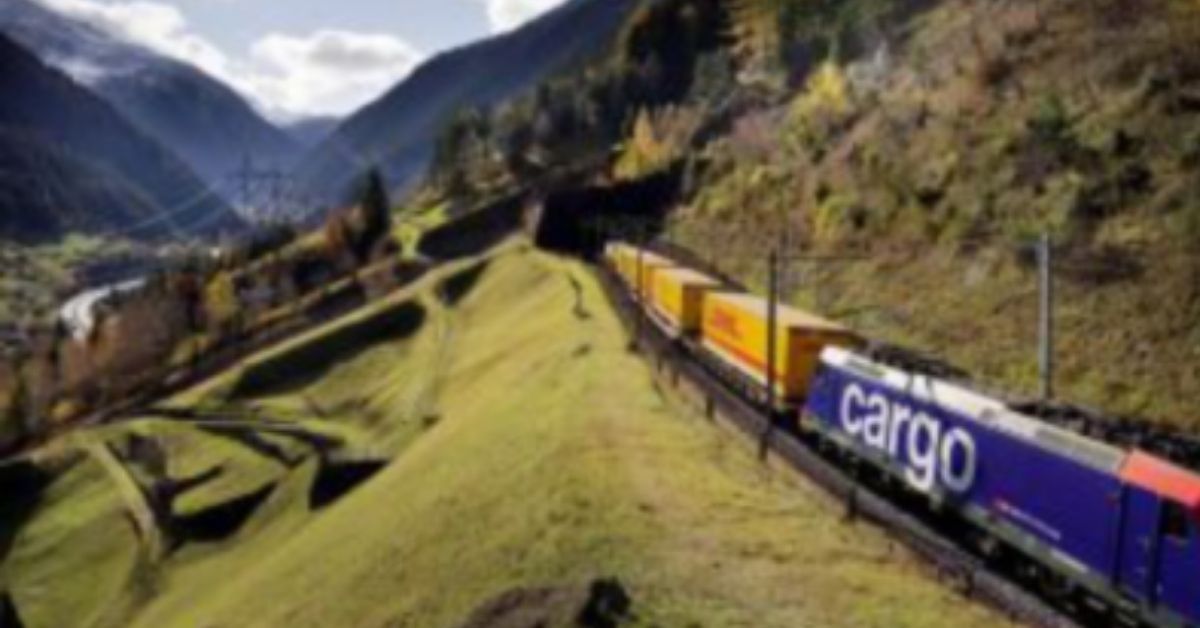The 7,200 km long International North South Transport Corridor (INSTC) connecting India and Russia is now rapidly coming to life after remaining a slow starter for years. Next month a host of fresh agreements is set to be inked at the international economic forum to be held at Kazan, a city located in southwest Russia. The agreements are expected to eliminate the current operational roadblocks.
With India and Russia determined to strengthen bilateral economic activities including trade amid the changing geopolitical dynamics, the thrust on the corridor changing geopolitical dynamics has gone up.
‘We intend to sign a bunch of supplemental agreements, first of all on transport services. We have the North-South corridor, where we plan to reach Iran and India via Kazakhstan, Turkmenistan, and via Azerbaijan. We will ink several agreements in this sphere,’ news agency TASS quoted Russian Deputy Prime Minister Marat Khusnullin as saying.
Last week, a 50-member Indian business delegation were in Russia to explore further opportunities to boost trade between the two countries, which are also in talks for a free trade agreement.
The INSTC is envisaged to facilitate easier movement of freight between several countries including India Russia, Iran, Afghanistan, Armenia, Belarus, Bulgaria, Kazakhstan, Kyrgyzstan, Tajikistan among others. The first cargo from Nhava Sheva Port was flagged off last year in November.
Recently at the Shanghai Cooperation Organisation (SCO) defence ministers’ meeting, Defence Minister Rajnath Singh and Iranian counterpart Brigadier General Mohammad Reza Gharaei Ashtiyani too deliberated on the progress of the project.
Initiated by India, Russia and Iran in September 2000 in St. Petersburg, the agreement was signed in 2002. ‘Now all parties, especially India, Iran and Russia are working to bring the INSTC to life,’ SilkRoad Briefing said.
India has been focusing on boosting connectivity not just within the country but even outside. The is one in a series of international initiatives involving India and, at the same time, is clearly part of India’s international strategy, beginning in South Asia, of countering the Belt and Road Initiative, Trends Research and Advisory said.
Besides the INSTC in another significant move, the Mediterranean Shipping Company (MSC) is also expected to start a liner service connecting India with the Gulf nations and the Western Mediterranean region. The shipping service expected to begin in December will start from Saudi Arabia’s Jeddah Islamic Port.
It will then call on Jebel Ali in South West Dubai, Mundra and Nhava Sheva in India, Djibouti in Africa, Gioia, Tauro, Salerno and Genoa in Italy, Barcelona and Valencia in Spain, Marsaxlokk in Malta, King Abdullah, which is Saudi Arabia’s newly launched port facility.
‘India has quietly strengthened its connectivity with various countries through enormous infrastructure building beyond its borders, something to address the challenges arising from the China led Belt and Road Initiative,’ an analyst told India Narrative. He added that while the BRI project in many phases is economically unviable, the case is not so in the India-led infrastructure thrust.






